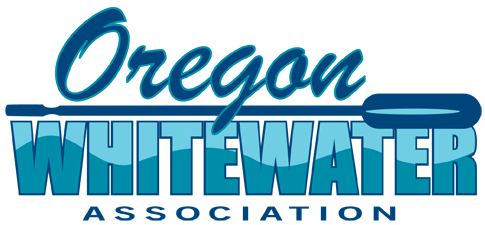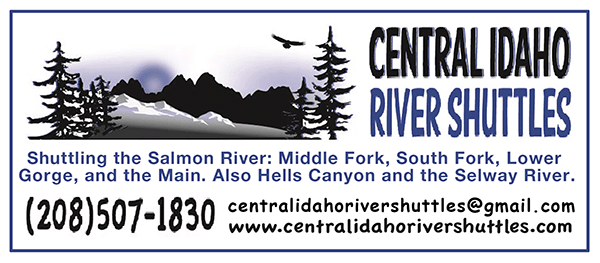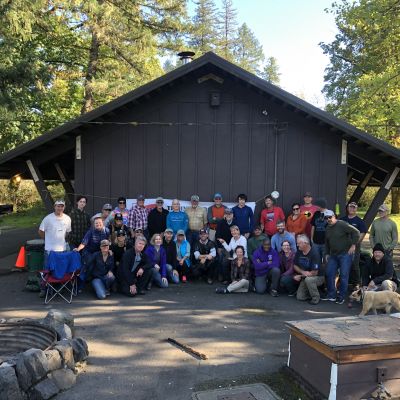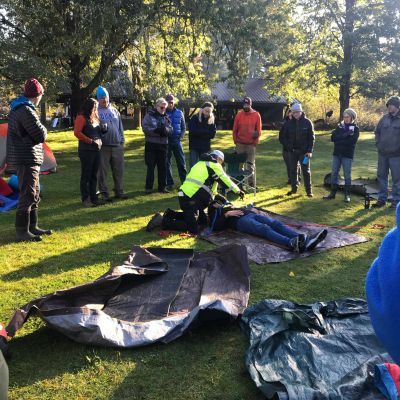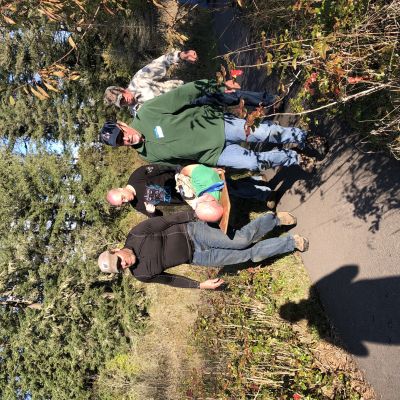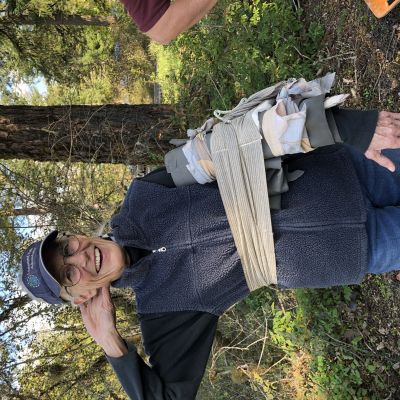American Whitewater Launches New Initiative to Remove Deadbeat Dams
American Whitewater Launches New Initiative to Remove Deadbeat Dams
Posted: 04/05/2024
By: Robert Nasdor
American Whitewater today launched a new project aimed at removing deadbeat dams from our nation’s rivers. With an increasing number of hydropower dams crumbling and being abandoned by their owners, the project seeks to require dam owners to remove these dams and restore our rivers for the fish and people that use and enjoy them. This initiative will focus on utilizing legal challenges to force the removal of these dams which no longer serve their purpose and present a significant hazard to the public.
As the nation's hydroelectric dams age and become non-functioning and no longer economically viable, dam owners increasingly seek to surrender their federal hydropower licenses and abandon their dams in the river rather than removing them. The reasons vary: prohibitive maintenance costs, declining economic benefits, or an inability to meet the expense of bringing old dams up to current environmental standards.
Unfortunately, surrendering a hydropower license doesn't often lead to dam removal. Instead, these "deadbeat" dams often remain, continuing their negative impact on public safety, river ecosystems, and communities. Oftentimes, taxpayers are ultimately burdened with the costs of future dam removal and river restoration.
American Whitewater proposes to address the problem of deadbeat hydroelectric dams through targeted litigation and advocacy. Our goal will be to compel the Federal Energy Regulatory Commission (FERC) to consider dam removal in lieu of relicensing, to revoke the licenses of non-operational projects whose inevitable removal is being indefinitely delayed, and to require dam removal as a condition of license surrender.
The Deadbeat Dam Law Project is a joint effort between American Whitewater and Earthrise Law Center in partnership with other environmental and legal advocacy groups. American Whitewater launched the Deadbeat Dam Law Project by challenging FERC’s decision to allow the owner of a dam in Somersworth, NH to abandon a failed hydropower dam in the Salmon Falls River, with support from Patagonia’s Holdfast Collective. Unless removed, the Somersworth dams will continue to obstruct fish passage, impact recreation, and pose a public safety hazard.
American Whitewater has a long history of working to remove obsolete and harmful hydropower dams through the individual dam relicensing process, and also by working to reform laws and policies that prevent their removal. This work will be a continuation of our historic success.
Deadbeat Dam Law Project Partners
American Whitewater is a national non-profit 501(c)(3) river conservation and recreation organization founded in 1954. With approximately 7,000 members and 100 affiliate clubs, representing tens of thousands of whitewater paddlers across the nation, American Whitewater’s mission is to protect and restore America’s whitewater rivers and to enhance opportunities to enjoy them safely. Our vision is that our nation’s remaining wild and free-flowing rivers stay that way, our developed rivers are restored to function and flourish, that the public has access to rivers for recreation, and that river enthusiasts are active and effective river advocates. American Whitewater has been involved in more than 100 hydropower relicensing proceedings and has worked to restore flows, river access, and recreation opportunities throughout the country. Where possible, the organization has successfully advocated for the removal of dams and the restoration of rivers to their natural condition. American Whitewater is a founding member of the Hydropower Reform Coalition, a diverse consortium of more than 160 national, regional, and local conservation and recreation organizations that protects, enhances, and restores America’s rivers, watersheds, and communities affected by hydropower operations. You can learn more about American Whitewater’s work to remove dams and restore rivers here.
Earthrise Law Center is the environmental legal clinic at Lewis & Clark Law School. Founded in 1996, Earthrise is the largest and one of the oldest environmental law clinics in the country. From the outset, Earthrise has worked to combat the adverse environmental effects of dams, particularly in the Pacific Northwest, and to protect endangered salmon species that have been devastated by hydropower operations. More recently, Earthrise has been representing public interest clients participating in advocacy efforts involving dams on the Colorado, Connecticut, and Salmon Falls (border of Maine and Vermont) Rivers, in federal court and in Federal Energy Regulatory Commission (FERC) proceedings. Earthrise is uniquely positioned among legal clinics to work on nationwide campaigns because it has offices on both the West and East coasts. Earthrise also is able to involve our incredibly talented Lewis & Clark law students in our cases, which benefits our clients and the environment while at the same time providing our students—the next generation of environmental advocates—with invaluable hands-on education, mentoring and inspiration. You can learn more about Earthrise, our history and the work we do here.
Tortor pretium viverra suspendisse potenti nullam ac tortor vitae purus. A lacus vestibulum sed arcu non. Euismod in pellentesque massa placerat duis ultricies lacus. Tempor commodo ullamcorper a lacus vestibulum sed. Eu augue ut lectus arcu. Elementum facilisis leo vel fringilla est ullamcorper. Tellus id interdum velit laoreet. Imperdiet dui accumsan sit amet nulla facilisi morbi. Eget nunc scelerisque viverra mauris in aliquam sem fringilla ut. Lacinia quis vel eros donec ac. Nibh venenatis cras sed felis eget velit. Morbi tempus iaculis urna id volutpat lacus laoreet non. Sapien eget mi proin sed libero enim sed faucibus turpis. Quis blandit turpis cursus in hac habitasse. Fames ac turpis egestas maecenas. Senectus et netus et malesuada fames ac. Egestas maecenas pharetra convallis posuere morbi leo urna. Nibh tellus molestie nunc non blandit massa enim. Rhoncus urna neque viverra justo nec ultrices.
Finish the Trip Report
